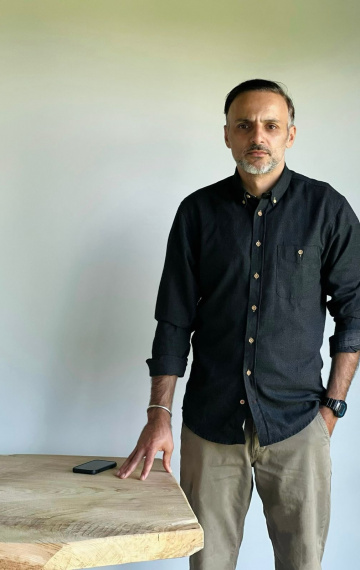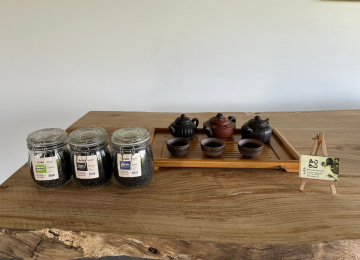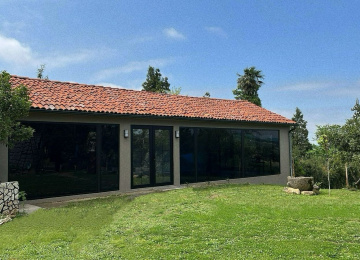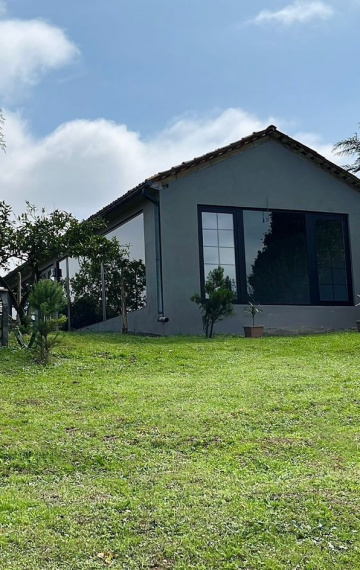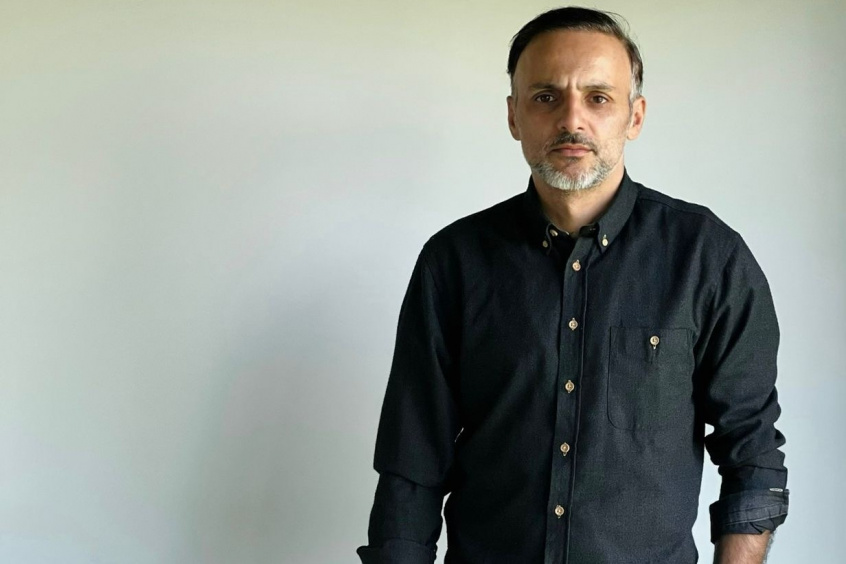
The story of Taba goes back to the early twentieth century, when Arkadi Shetsiruli helped shape tea as both an industry and cultural tradition in Georgia. As one of the pioneers in tea cultivation and education, he spent 50 years teaching tea processing and technology.
Today, his legacy lives on through his descendants — among them, Alex Shetsiruli — who tend to the nearly century-old plantation in Guria. They carry forward his vision by blending traditional methods with modern techniques, crafting premium Georgian tea and sharing his enduring passion with the world, one cup at a time.
"My profession is in healing medicine, and I've lived abroad for many years," Alex Shetsiruli explained. "But something in my roots kept calling me back. I felt a deep urge to return and contribute — this time, by giving new shape to a family tradition."
About a decade ago, the family set out to revive the historic 10-hectare tea plantations nestled in the subtropical landscapes of Guria. At the heart of the estate is the 120-year-old Guri Oda Tea House. Visitors are welcome to explore the lush gardens, step inside the traditional home, and savor a tea tasting that offers a rich journey through Georgian flavors and heritage. This vision gave rise to a modern, globally recognized brand now known as Taba.
Taba produces a range of teas that ship to 26 countries worldwide. They also offer a 1.5-hour tea tours that begin with a guided walk through century-old plantations, where guests learn traditional hand-picking techniques, followed by a visit to the production facility to see how the leaves are crafted into premium tea.
“Above all, we aimed to create something innovative — an experience that seamlessly blends tradition with modernity, offering our guests something truly unique,” Shetsiruli explained. But bringing that vision to life required serious investment.
Luckily, through the EU-funded project “GREEN Guria – Supporting Local Democracy and Rural Development for Inclusive and Resilient Green Growth” (under the European Union’s ENPARD IV Programme), the family received EUR 19,300 to build a dedicated tea hall — an inviting space designed for "tea rituals," where tea lovers and enthusiasts gather daily to share a cup and engage in thoughtful conversations on a variety of topics.
Implemented by CENN in partnership with the Young Pedagogues’ Union, the Institute of Democracy, and the Local Action Group of KEDA, the project helps improve economic and social conditions in rural Guria. It promotes green, inclusive growth and empowers local communities — especially women, youth, and vulnerable groups — to participate in building a climate-resilient future.
Tea naturally lends itself to a variety of by-products, including cosmetics. Taba already produces organic tea-based products like soap and tea tree essential oil.
“With my background in medicine, I’ve always been drawn to connecting tea with a healthy lifestyle. High-quality tea offers real health benefits — it supports detoxification, aids digestion, and even promotes a meditative state,” Shetsiruli said, noting Taba plans to develop into a wellness direction.

